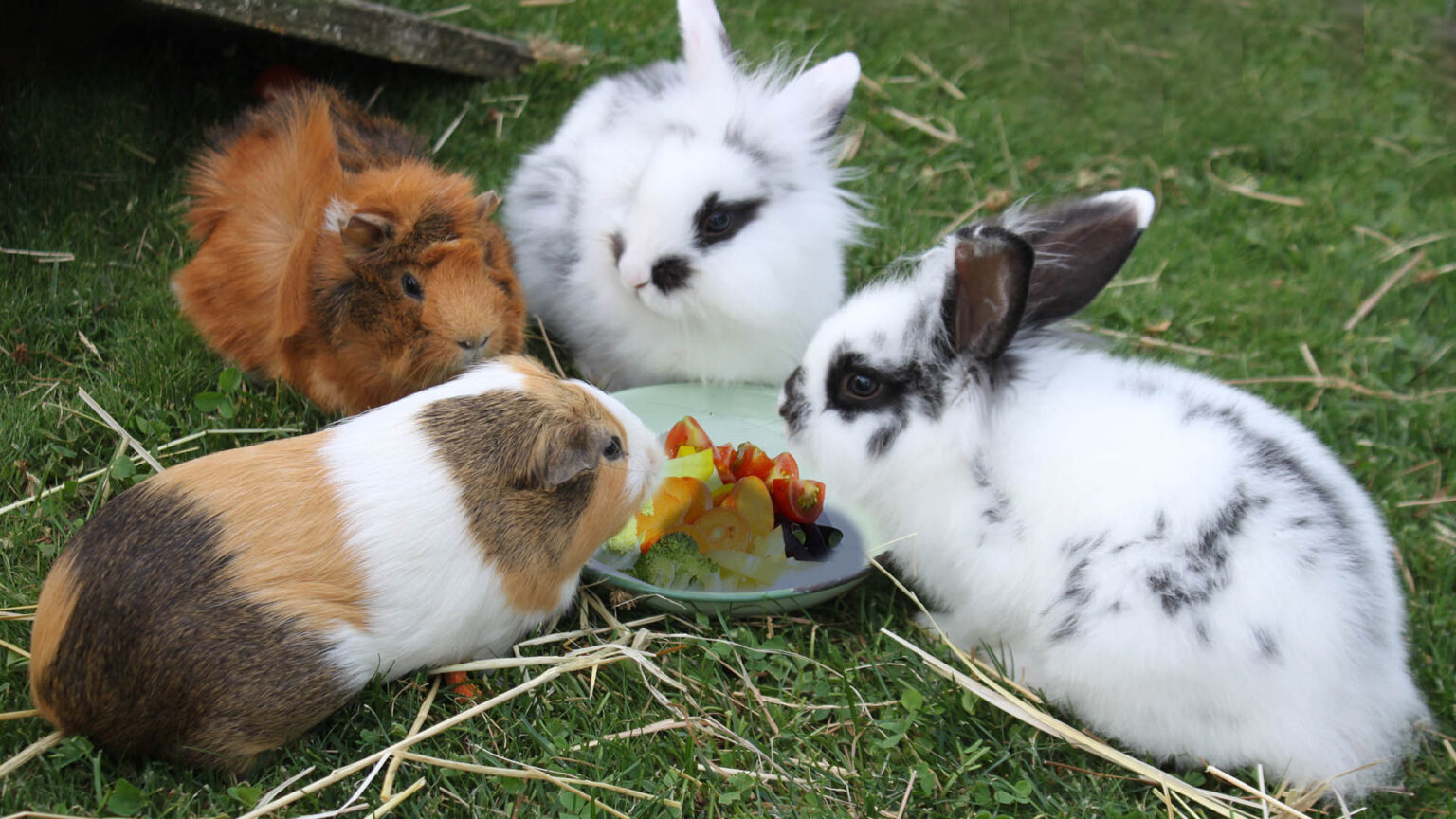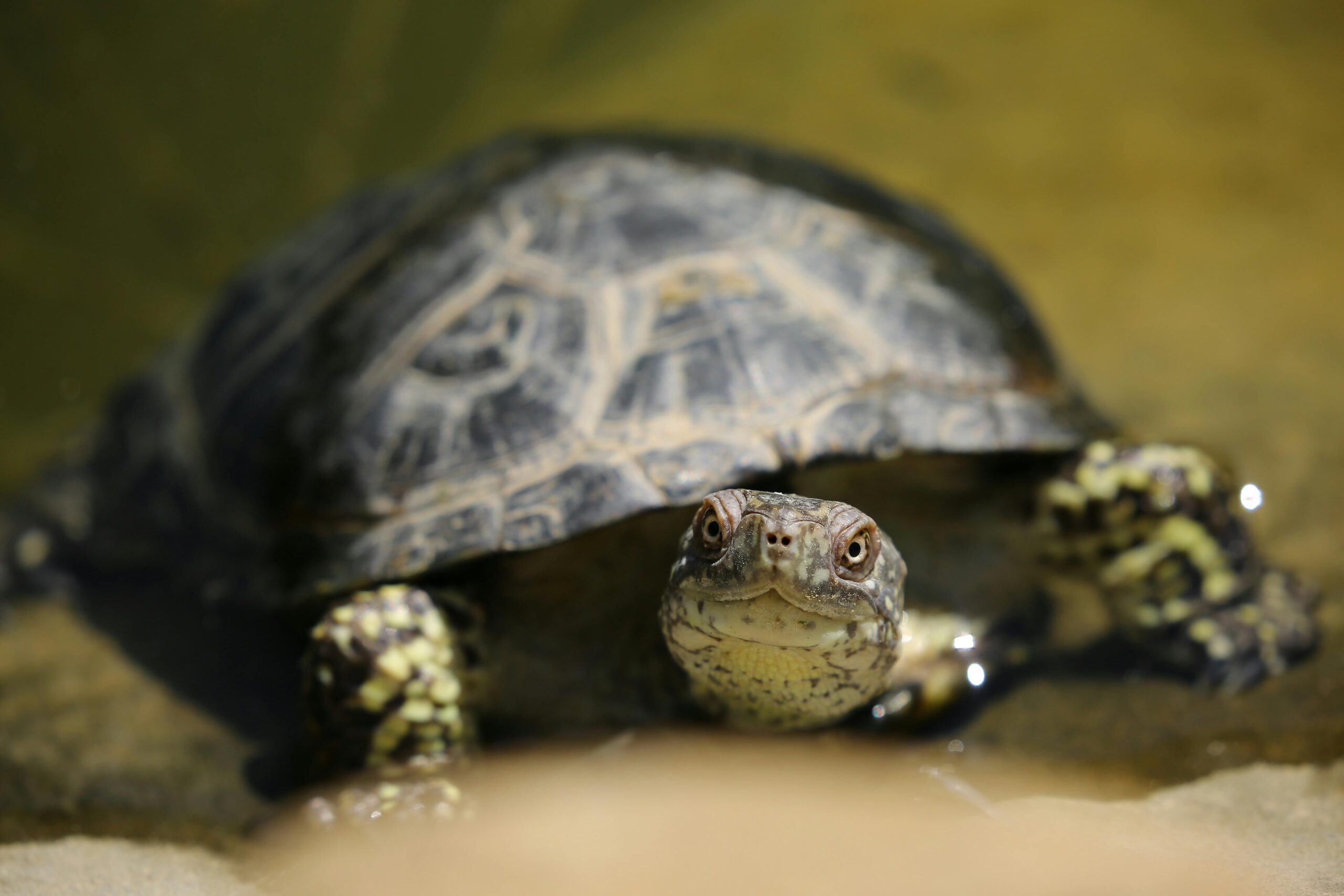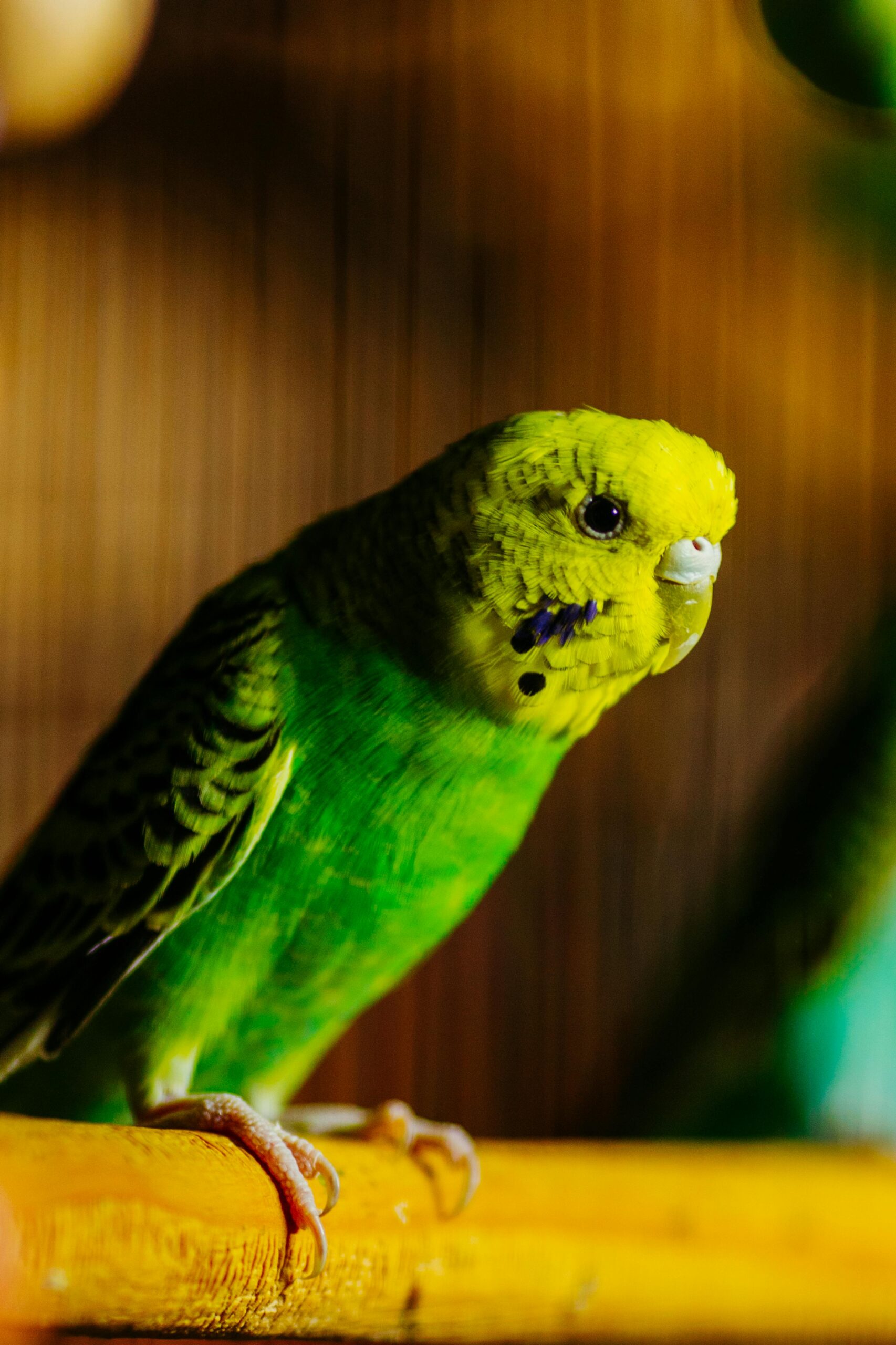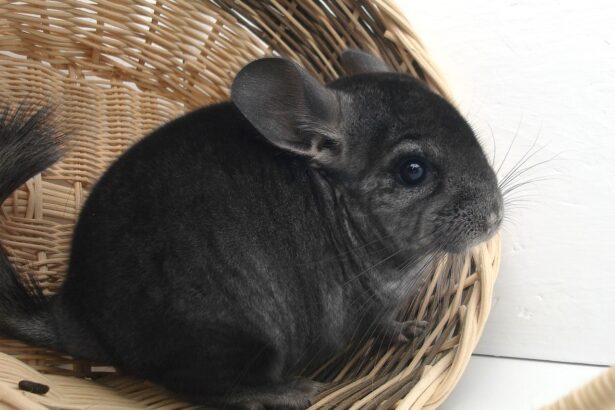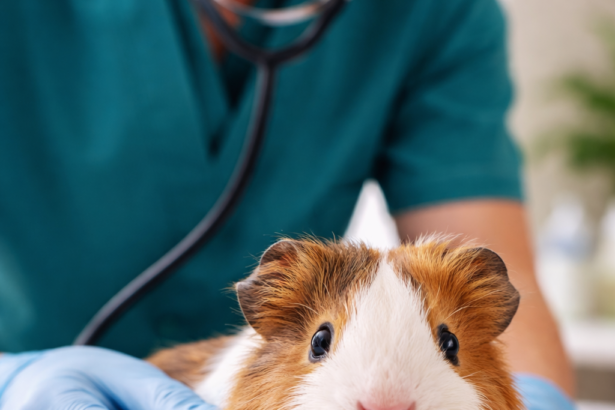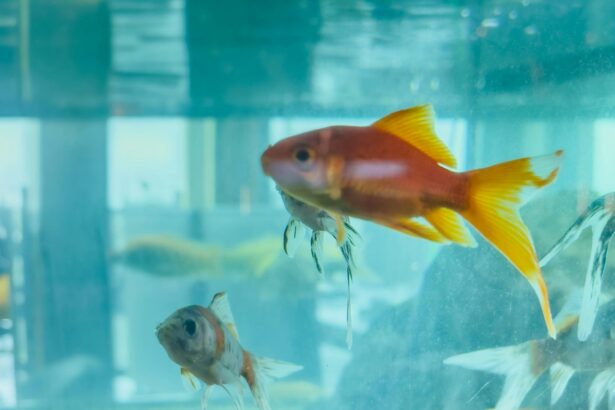Small pets may be little in size, but they come with big personalities and unique care needs. Whether you’re thinking of adding a furry, feathery, or scaly friend to your family, this guide will walk you through everything you need to know. From housing and feeding to enrichment and handling, here’s how to give your small pet the healthy, happy life they deserve.
Choosing the Right Home
Each type of small pet has specific housing needs to stay safe and comfortable.
Key housing tips by pet:
Hamsters/Gerbils: Escape-proof cages with tunnels, bedding for burrowing, and a solid exercise wheel.
Rabbits/Guinea Pigs: Spacious hutches with separate sleeping and exercise areas. Must be weatherproof if outdoors.
Birds: Large cages with horizontal bars for climbing, and perches of various sizes/materials.
Tortoises/Reptiles: Proper tanks with UV lighting, heat sources, and humidity control.
Mice/Rats: Secure cages with vertical space, hiding spots, and interactive toys.
General tip: Clean enclosures regularly, remove waste daily, and provide soft bedding and fresh water at all times.
Feeding & Nutrition
Small pets have specialised diets avoid treating them all the same.
By animal type:
Rabbits & Guinea Pigs: Unlimited hay, daily veggies, a small amount of pellets, and constant water.
Hamsters & Gerbils: High quality pellets or mixes, occasional seeds, and tiny bits of veg (avoid sugary treats).
Birds: A mix of seeds/pellets, fresh greens, and occasional fruit avoid avocado and chocolate.
Reptiles & Tortoises: Depends on species some are herbivores, others insectivores. Always research!
Rats & Mice: Balanced pellets, grains, and fresh produce in moderation no sugary or fatty foods.
Enrichment & Exercise
Small pets need mental stimulation just like dogs and cats!
Rabbits: Free roam time or exercise pens, tunnels, and safe chew toys.
Birds: Daily out-of-cage time (if safe), swings, bells, and foraging toys.
Hamsters: Exercise wheels, dig boxes, and tunnels to explore.
Guinea Pigs: Hideouts, cardboard tubes, and supervised floor time.
Reptiles: Branches, climbing areas, and environmental changes to explore.
Rotate toys weekly to keep things interesting.
Handling & Hygiene
Small pets can be handled but gently, with respect for their comfort and instincts.
Tips:
Always wash hands before and after handling.
Support their body fully never grab by tails or wings.
Give them time to adjust to your voice and scent before picking them up.
Avoid over-handling animals that get easily stressed (like hamsters during the day).
Cleaning checklist:
Spot clean daily
Full clean weekly (including bowls, toys, bedding)
Trim nails and check for health issues regularly
Common Mistakes to Avoid
Using fluffy bedding that can cause respiratory issues
Housing rabbits and guinea pigs together (they need different diets)
Overfeeding treats or sugary foods
Ignoring signs of illness (weight loss, hiding, discharge, etc.)
Not researching the specific species before buying

